Articles by Leah Lawrence
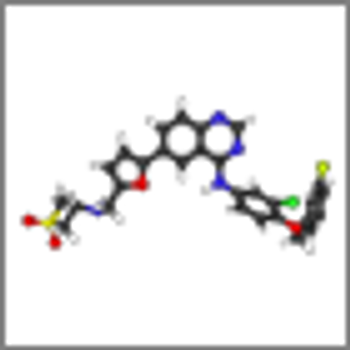
Women who developed a rash early in their treatment for HER2-positive breast cancer with lapatinib were more likely to go on to have pathologic complete response compared to those who did not get a rash, according to the results of an unplanned analysis of data from the NeoALTTO trial.
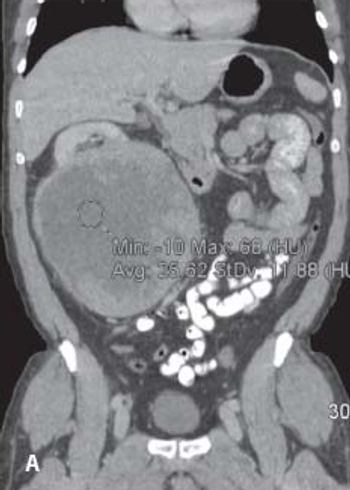
Tumor shrinkage is a valid indicator of response to VEGF inhibition among patients with metastatic renal cell carcinoma when evaluated by a single radiologist observer.

Concurrent administration of trastuzumab and anthracyclines resulted in a similar rate of pathologic complete response when compared to sequential administration in women with HER2-positive breast cancer, according to the results of a new study.
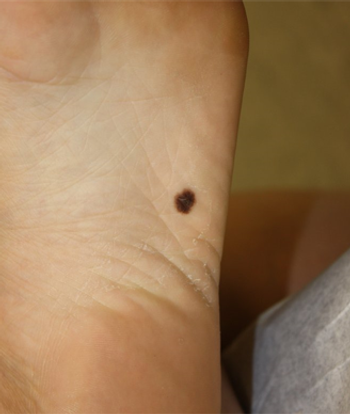
Men with a history of prostate cancer may be at increased risk for melanoma, according to data taken from two large cohort studies.

The use of nurse navigators to assist patients with cancer resulted in improvements in patient experience and a reduction of problems with care, according to the results of a recently published study.
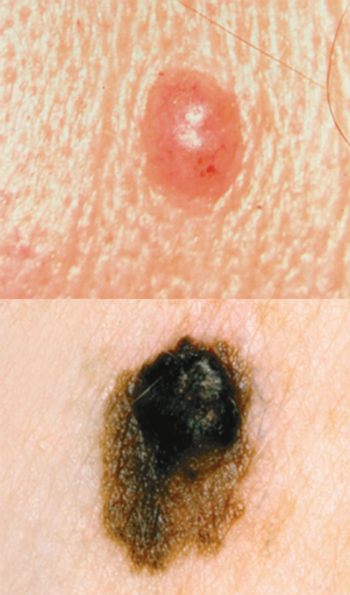
The completion of a short web-based course improved the ability of primary care physicians to diagnose and manage benign and malignant skin cancer, according to the results of a new study.

High-risk HPVs may be present more frequently than previously estimated in a variety of head and neck cancers, supporting the use of a combination of methods to detect high-risk strains.
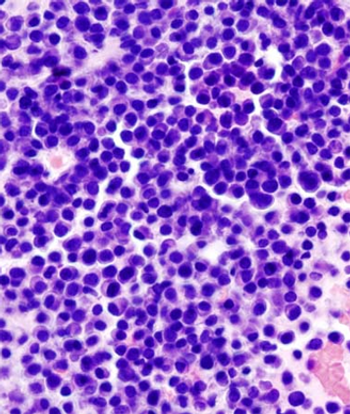
Patients able to achieve stringent complete response after undergoing autologous stem-cell transplantation for multiple myeloma achieved improved long-term outcomes, including overall survival and time to progression, compared with patients who achieved lesser levels of response.

Moderate to severe fatigue was prevalent among almost half of patients undergoing active treatment and one-third of cancer survivors, according to a recently published study that measured fatigue.
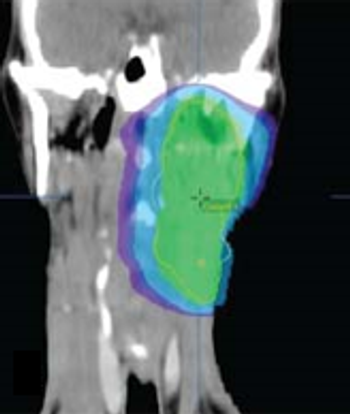
A small retrospective study has identified several biomarkers that were significantly altered in patients with head and neck squamous cell carcinoma. If further validated, these serum biomarkers could facilitate early diagnosis.
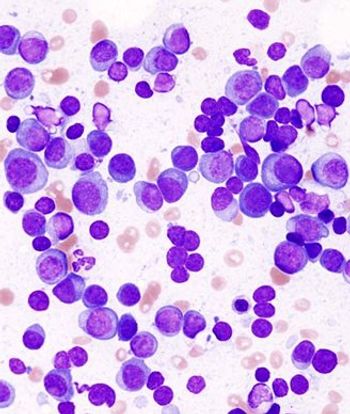
The results of a univariate analysis have shown that the presence of hyperdiploidy and chromosomal aberrations del(17p13), t(4;14), and +1q21 are all associated with shorter time to progression from smoldering multiple myeloma to active disease.

The second generation VEGFR inhibitor axitinib did not significantly improve progression-free survival in first-line treatment of patients with metastatic renal cell carcinoma compared with patients treated with sorafenib.

Providing survivorship care plans to primary care physicians could help to enhance care coordination and boost physician confidence; however, a recent study indicated that only a small number of primary care physicians are receiving these plans from oncologists.
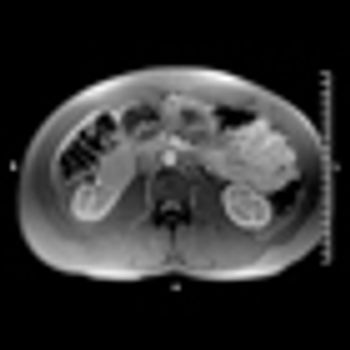
Image-guided radiofrequency ablation may be an effective alternative treatment for small renal cell carcinoma tumors, according to the results of a recent study.
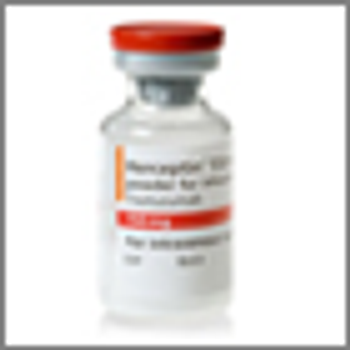
Two studies indicate that older women with trastuzumab-treated breast cancer and those who undergo radiation to the left chest wall may be at risk for increased rates of cardiotoxicity.

In patients with thin melanomas who are clinically node-negative, sentinel lymph node biopsy should be offered to patients with melanomas greater than 0.75 mm in Breslow thickness, according to the results of a recent study.
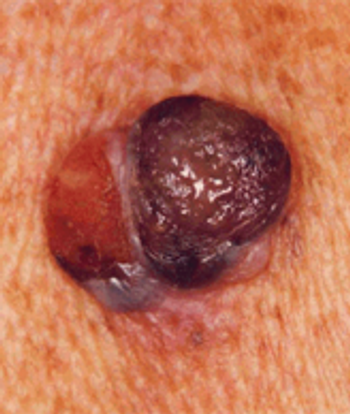
Researchers have identified a biomarker that may help physicians predict if patients with BRAF-mutant melanomas will respond to drugs designed to target BRAF.

Increased doses of aerobic exercises lasting 50 to 60 minutes were found to be more effective than a standard dose of 30 minutes for managing declines in physical functioning and symptoms such as pain, hot flashes, and fatigue in women undergoing chemotherapy for breast cancer.

Patients with a high body mass index prior to being diagnosed with pancreatic cancer had reduced survival from the disease and were more likely to present with late-stage cancer, according to the results of a recently published study.
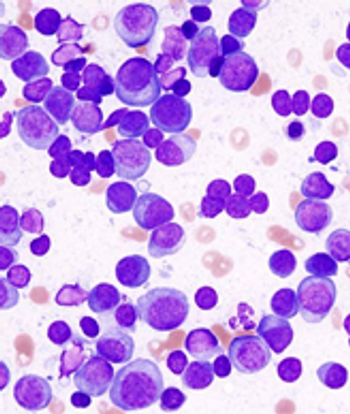
Researchers have helped to better define the spectrum of light chain (AL) amyloidosis by identifying that AL amyloidosis patients with myeloma who have more than 10% bone marrow plasma cells or those with hypercalcemia, renal failure, anemia, and lytic bone lesions have a similar prognosis to patients with overt myeloma.
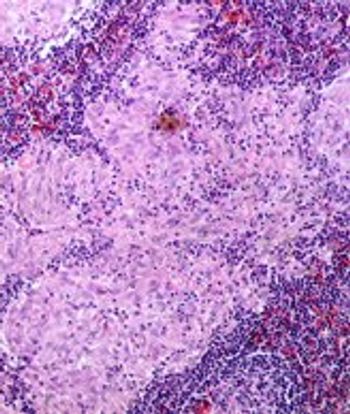
Researchers have identified several risk factors that may help predict which patients with oropharyngeal cancer may require a percutaneous endoscopic gastrostomy tube during chemoradiotherapy, according to a newly published review.

Black race did not adversely affect outcomes after receiving radiotherapy for head and neck squamous cell carcinoma compared with white race, according to the results of a study in which black patients made up the majority of enrolled participants.

The results of a recent study indicated that teenagers with parents who have invasive cancer displayed no greater prevalence of psychosocial problems than did their peers with cancer-free parents.
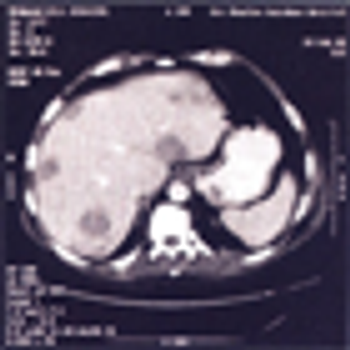
The two drug combination of cetuximab plus brivanib alaninate worsened quality of life and did not improve overall survival in patients with KRAS wild-type metastatic colorectal cancer.
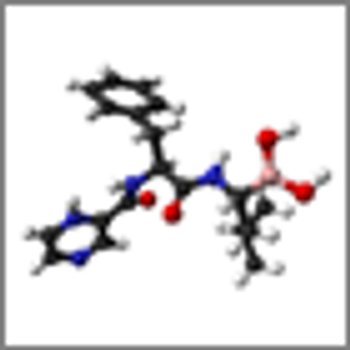
Adding vorinostat to bortezomib for the treatment of relapsed multiple myeloma resulted in a statistically significant increase in progression-free survival compared with bortezomib alone, according to results of a new study.
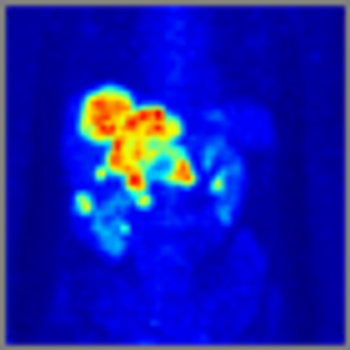
No difference in overall survival was seen for surgery with or without FOLFOX4 in patients with initially resectable liver metastases from colorectal cancer, according to the results of a new study.

Results of a recent study indicate that patient progression-free survival at 3 months and 6 months was predictive of the overall survival among metastatic RCC patients treated with interferon alpha and bevacizumab.

Patients with cutaneous malignant melanoma were found to have increased their daily UV radiation dose not only while abroad or on vacation, but also on a daily basis, according to the results of a new study.

The mTOR inhibitor everolimus showed clinical efficacy for the initial treatment of advanced papillary renal cell carcinoma, according to the phase II results of the RAPTOR trial.

Postoperative irradiation of the internal mammary and medial supraclavicular lymph nodes of patients with early breast cancer resulted in improved survival with no increase in side effects, according to 10-year follow-up results.


























